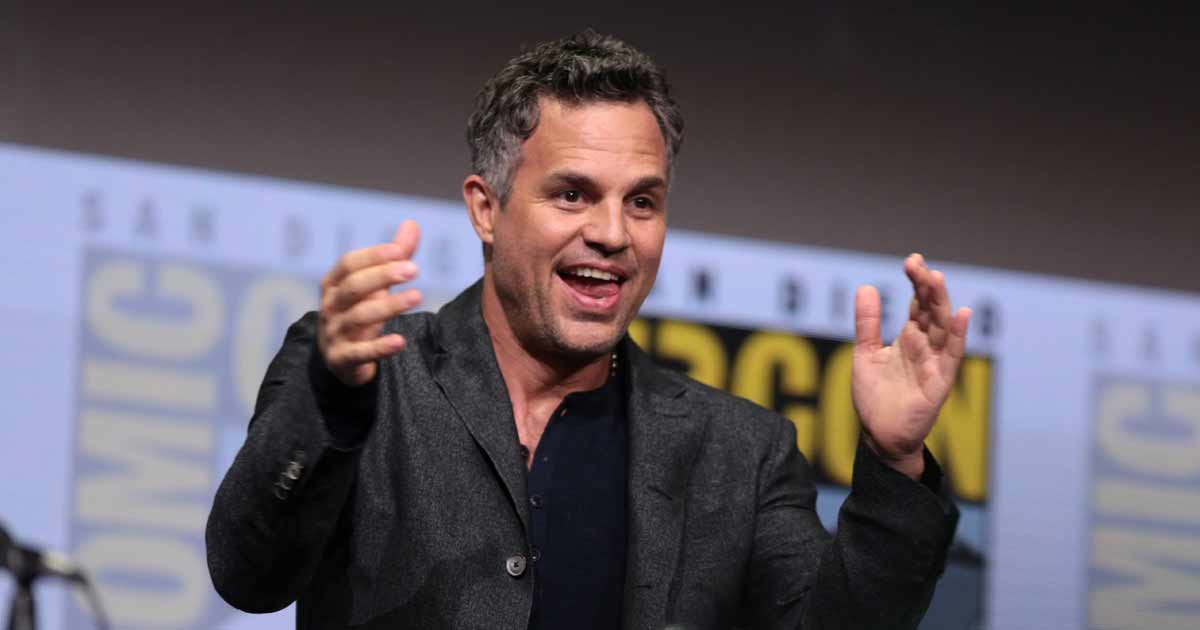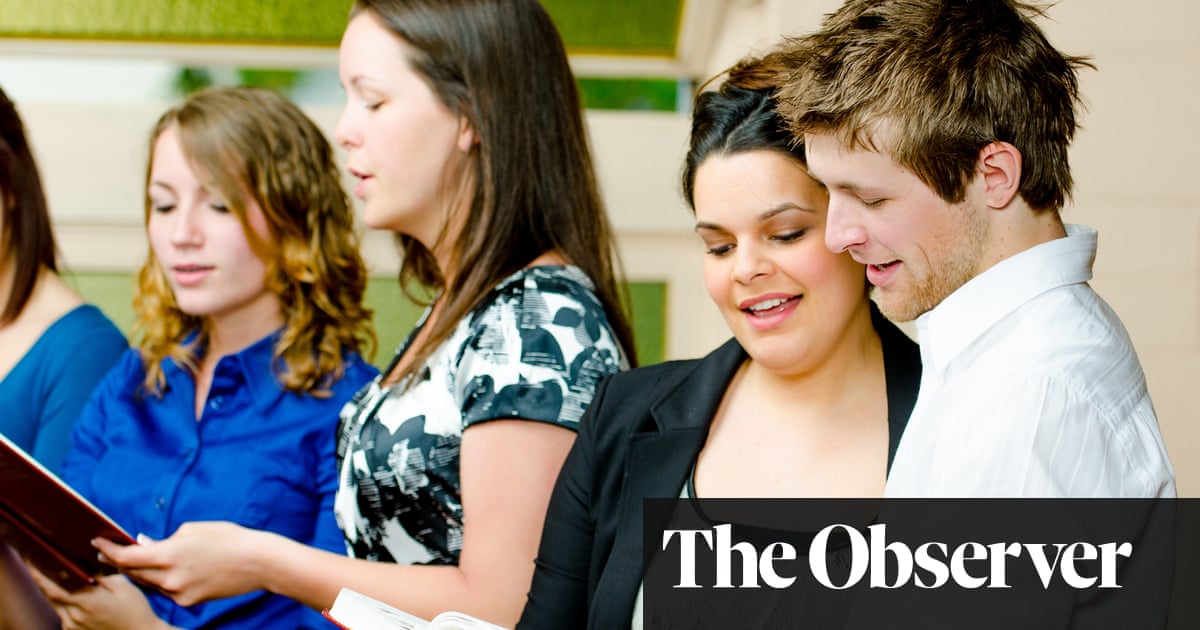Mayor Michelle Wu will not be replacing former Harvard President Claudine Gay, she stated on WCVB’s On the Record segment aired Sunday, speaking to the heavily-besieged president’s resignation from her alma mater.
“I have absolutely no plans to leave this amazing job that I have,” Wu said, laughing intermittently following a question about her interest in Gay’s former job. “This is a very important decision though, that the university is going to make in a time of tremendous stress and challenge for academia overall.”
Wu, who holds two degrees from Harvard, said she is “very saddened” by the situation and said the city will “support wherever we can” as the university and others fall into the crosshairs during the next year and election cycle.
Gay resigned in early January, following controversy over her comments and actions regarding antisemitism on campus and questions raised about potential plagiarism in her past academic work.
Asked if Gay was in the wrong, Wu said the president “made her decision at this point,” but she believes there was a “targeted effort” to remove her connected to who she is and plans to dismantle things like affirmative action and Diversity, Equity and Inclusion efforts.
Speaking to more city-related issues, Wu built off her State of the City speech last week and called housing the “biggest stress” across Boston and the region.
“It’s harder and harder for families to afford to stay here in the communities they built and they love,” Wu said. “And so we are really trying on all fronts to build more affordable housing, to use city land, and then wherever possible to create the incentives and encouragement so that the market can do its thing and build more housing as well.”
The mayor said she spoke to Treasury Secretary Janet Yellen this week regarding the housing production market and efforts to find new spaces for affordable housing. Since launching a program to incentivize turning office spaces into housing, Wu said, developers have started converting eight building into 170 housing units.
The city also isn’t giving up on rent control, Wu said.
“It’s absolutely important to do whatever we can to stop displacement while we’re trying to build enough housing to bring rents down,” Wu said, noting the city has sent legislation to the State House and will continue to advocate for it.
Speaking to the overwhelming migrant crisis in Massachusetts, Wu pointed to the city’s interventions in partnership with the state — noting several recent work authorization clinics — but said again there is a “larger challenge around housing” compounding the issue.
The Mayor also chimed in on rumors in the last week that a new BPS facilities plan could mean half of schools could close.
“There is not way half of our schools are going to close,” she said, echoing the BPS superintendent’s earlier statement and calling the reported headline an “extrapolation” or misinterpretation” of the plan.
The district now knows, “for the first time ever,” exactly all of infrastructure issues in the school buildings, Wu said, in a way that will guide investments. The city already has $2 billion slated for 10 BPS capital projects, she added, as much as has been done in the last 40 years.
“There’s lots of reasons that Boston can find to do nothing,” Wu said of community pushback to BPS projects. “I stepped up and asked for this job so that I could help us move forward on issues. That means having hard conversations examining the trade offs, and then very publicly, making decisions together moving forward.”







